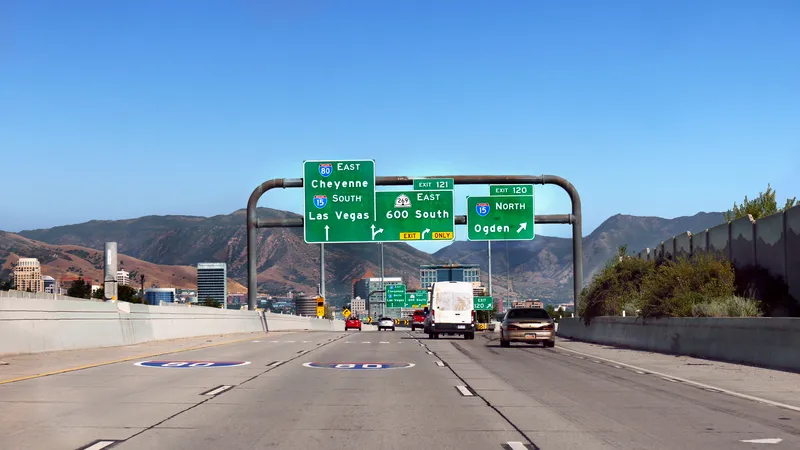Green Automotive Company, a US public company involved in the conversion, import and distribution of eco-friendly vehicles, has entered into detailed discussions with Liberty Electric Cars, a UK-based developer of electric drive trains, battery management systems and provider of full support programmes for all types of electric vehicles. These discussions will lead to Liberty technology being used to convert conventional internal combustion engine driven vehicles into zero emission electric vehicles.
June 6, 2012
Read time: 2 mins
“We have elected to not make the company’s primary business that of importing, performing the homologation, and then competing against a host of others now entering the market of retailing electric passenger vehicles,” said Fred Luke, president of Green Automotive Company. “Putting the last two years of import and homologation knowledge in the proper prospective, it is clear to us that our fastest and least expensive path to revenues from the EV will be to focus on the conversion of conventional internal combustion engine-driven vehicles of all types, particularly mass-transit and passenger vehicles which have already passed the US Federal Motor Vehicle Safety Standard (FMVSS) tests, to make them into zero emission vehicles.”
Liberty, formed in 2006, was the first company in the world to successfully convert the Range Rover into a high speed pure electric 4x4 capable of 322 kms (200 miles) on a single charge and driven by 4 individual motors. The Liberty Electric Range Rover was hailed as the world’s best luxury EV in 2010 and provided the most telling example of the company’s capabilities. Liberty’s expertise will serve as Green Automotive’s foundation for its expansion into the European EV market as well as provide the technology for the conversion activities planned for the North American market.










